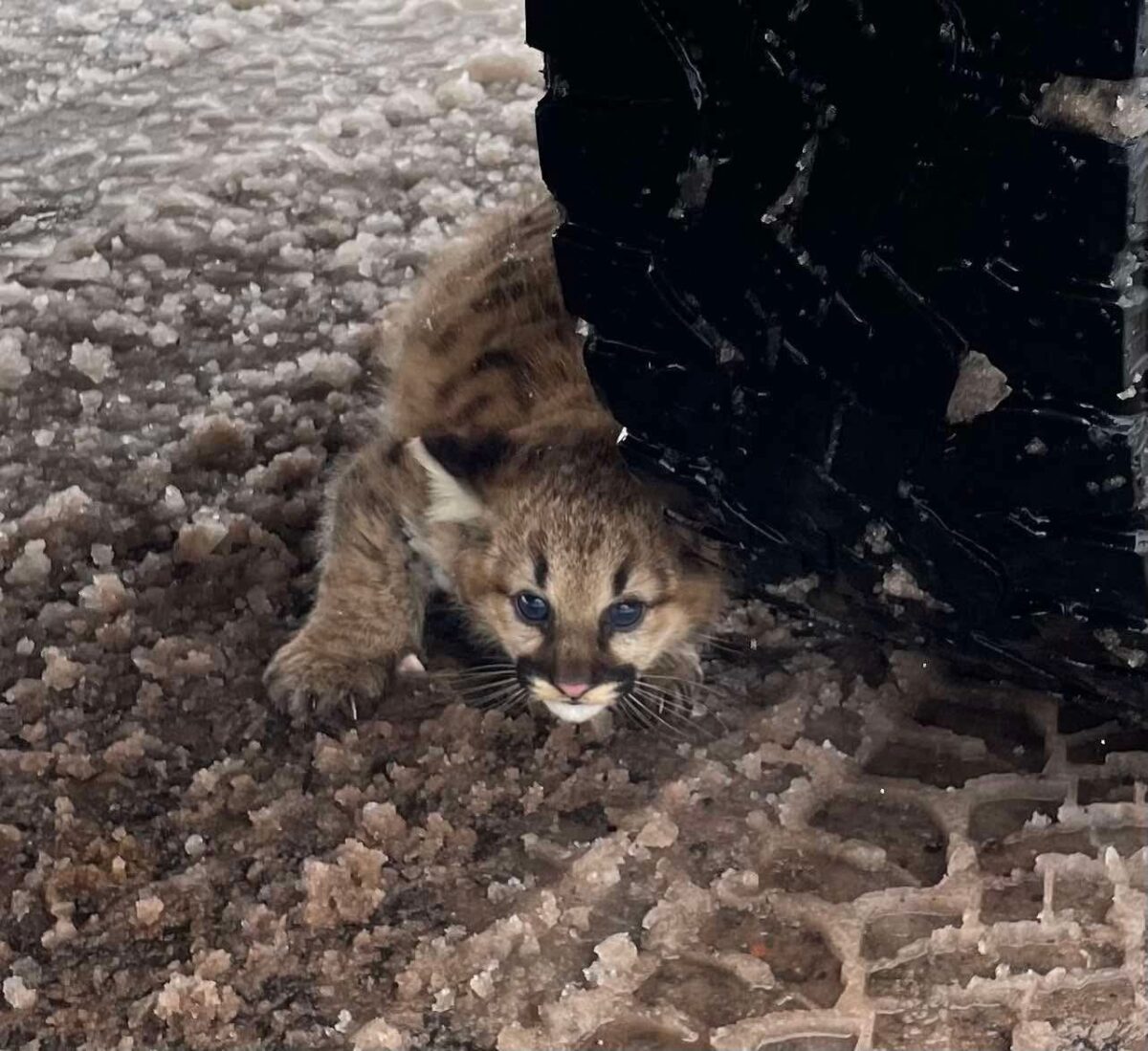Bubonic plague found in dead mountain lions
Two mountain lions were found dead near Jackson this fall. The mother and her kitten tested positive for the bubonic plague, a killer among cats, both wild and domestic.
Cats contract the plague by either feeding on infected rodents or by coming into contact with infected fleas. Humans are at risk if they hunt mountain lions or own domestic cats that are often outside and thus exposed to fleas and infected rodents they may hunt or eat.
When fleas feed on disease-ridden rodents, they contract the disease, which creates a blockage in their system. When, in turn, they feed on the next animal – a cat for instance – the flees cannot process what is coming into them and so regurgitate into the bloodstream of the new host, infecting the cat with the plague, according to Ken Mills, professor in the managing department of the Wyoming State Veterinary Laboratory.
Hunters should protect themselves by wearing long rubber or latex gloves while skinning their prey. Domestic cat owners should keep their eyes open for symptoms in their pets, such as swollen lymph nodes, rough hair, or coughing and sneezing.
If hunters experience flu-like symptoms and have been hunting within the past week, they should contact a doctor. If cat owners think their pet may be infected, they should contact a veterinarian immediately, as the disease is a fast killer but can be cured with antibiotics if treated in a timely manner. There is no vaccination, but outdoor cats can be somewhat protected from the disease with flea collars.
Mills does not think that plague is an epidemic among cats in Wyoming, but, he warned, “If I were to be a cat owner in that area, I would keep my eyes open.”



 Facebook
Facebook Twitter
Twitter Send Email
Send Email


